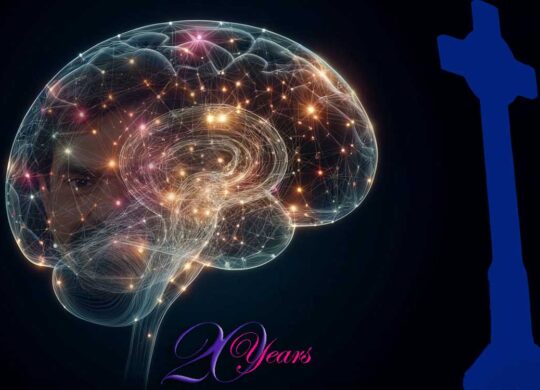Simple!

Life is complicated. The world is, of course, complicated, with all its politics, insecurities, uncertainties, and fogginess overall. But so are our own lives: feeble, beset with frailty, and with sinful foibles. Life is, indeed, complicated. And messy.
And always, when facing a particular complex issue or problem, we want a simple solution, not a convoluted one that only multiplies the complexities and messinesses of life. That this is always the case with us humans has now been demonstrated—not that we needed any convincing.
Psychologists from the University of Waterloo found that most people instinctively choose simplicity and published their findings in Cognitive Psychology recently: “Doing Things Efficiently: Testing an Account of Why Simple Explanations Are Satisfying.” And they suggest that there’s a psychological reason why that is the case.
Led by doctoral student Claudia Sehl, the study explored how people think about solving problems and understanding the world around them. The team conducted seven experiments with 2,800 participants, presenting them with various scenarios that had both simple and complex explanations or solutions. Time and again, participants gravitated toward the most straightforward options.
Here’s an example of a scenario the researchers employed to assess reasoning:
Gozo flies are usually gray. But they turn purple if they eat both alion and balion. They also turn purple if they eat calion, which produces alion and balion in the insects.”
Everyone agreed that the simplest explanation for the insects turning purple was the their intake of “calion,” without introducing “alion” and “balion” into the equation.
But this tendency towards simplicity isn’t just because human minds are lazy. Rather it’s all about our brain’s remarkable efficiency. Humans have a deep-seated preference for simple explanations and efficient actions, a mental shortcut that might be hardwired into our cognitive processes.
Said Sehl:
Simplicity isn’t just valued in explanations—it’s part of how we think about achieving results efficiently.”
Apparently our brains work to make us humans “mental economists,” always looking for the most reliable return on our cognitive investment: most results with least investment. The study suggests we’re hardwired to seek simplicity and efficiency, preferring methods that do more with less.
In another (and earlier) study, participants were told that a sick alien had two symptoms: it was sore and had purple spots. Subjects heard two explanations for these symptoms. The more complex explanation posited that one disease caused the soreness and a second different disease caused the spots; a simpler explanation posited that a single pathology caused both symptoms. Participants chose the simpler explanation as more satisfying. This preference for simplicity is consistent with Occam’s razor, also known as the law of parsimony, attributed to the fourteenth-century theologian and philosopher, William of Ockham: “The simplest explanation is usually the best one.”
[In case you were wondering what barbers had to do with all this …. A “razor,” in philosophy, is a rule of thumb that helps one shave off unlikely explanations for a phenomenon.]
Simplicity and efficiency are, it seems, an explanatory “virtue” or “value” that our brains hold highly.
Yup, we all need understanding. The simpler the way to attaining it, the better.
But the only One with perfect understanding is God.
Great is our Lord and abundant in power;
[as] to His understanding, there is no number[ing of it].
Psalm 147:5
We, on the other hand …
Mankind in [its] pomp, yet without understanding—
he is like beasts that perish.
Psalm 49:20
So we should gain understanding—God’s—through his word:
More than the aged, I gain understanding,
for Your precepts I have observed.
Psalm 119:100
SOURCE: Study Finds; Cognitive Psychology












 Abe Kuruvilla is the Carl E. Bates Professor of Christian Preaching at The Southern Baptist Theological Seminary (Louisville, KY), and a dermatologist in private practice. His passion is to explore, explain, and exemplify preaching.
Abe Kuruvilla is the Carl E. Bates Professor of Christian Preaching at The Southern Baptist Theological Seminary (Louisville, KY), and a dermatologist in private practice. His passion is to explore, explain, and exemplify preaching.